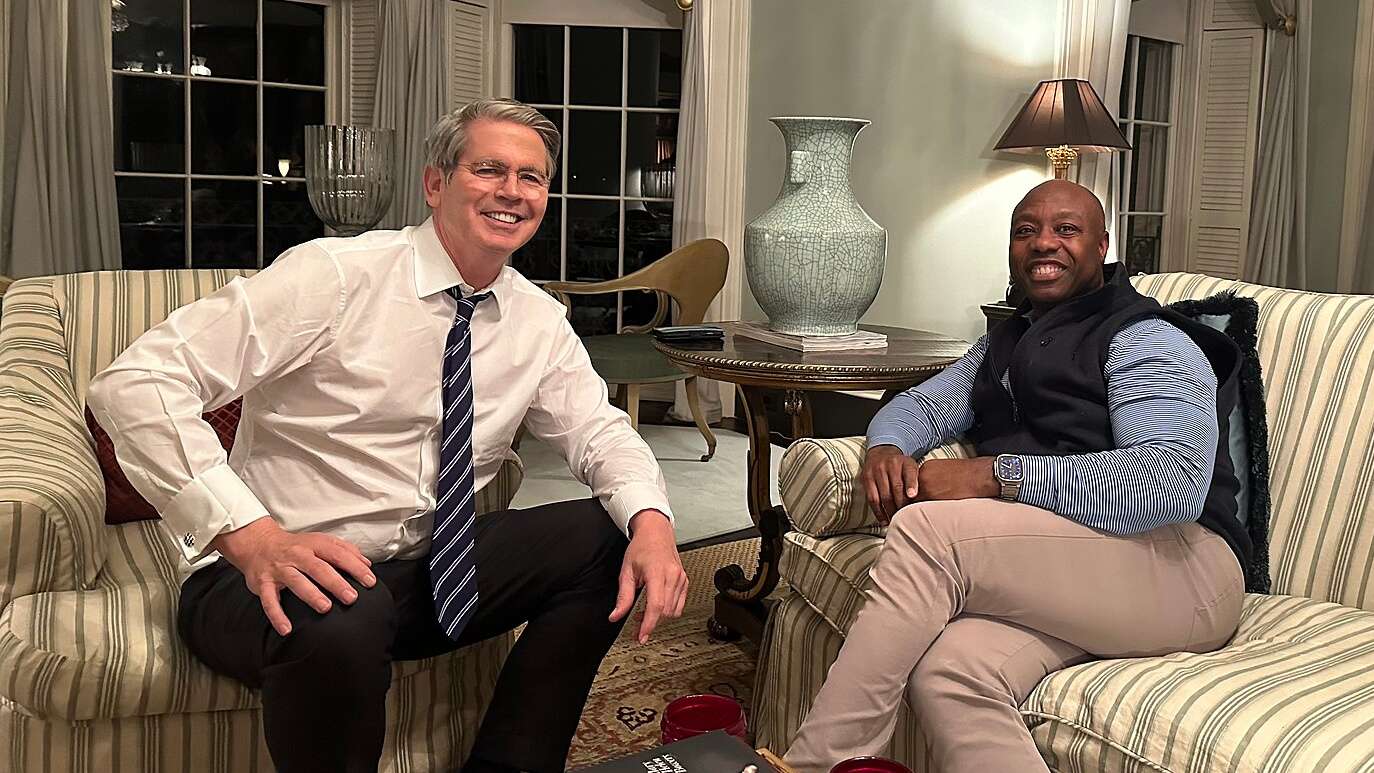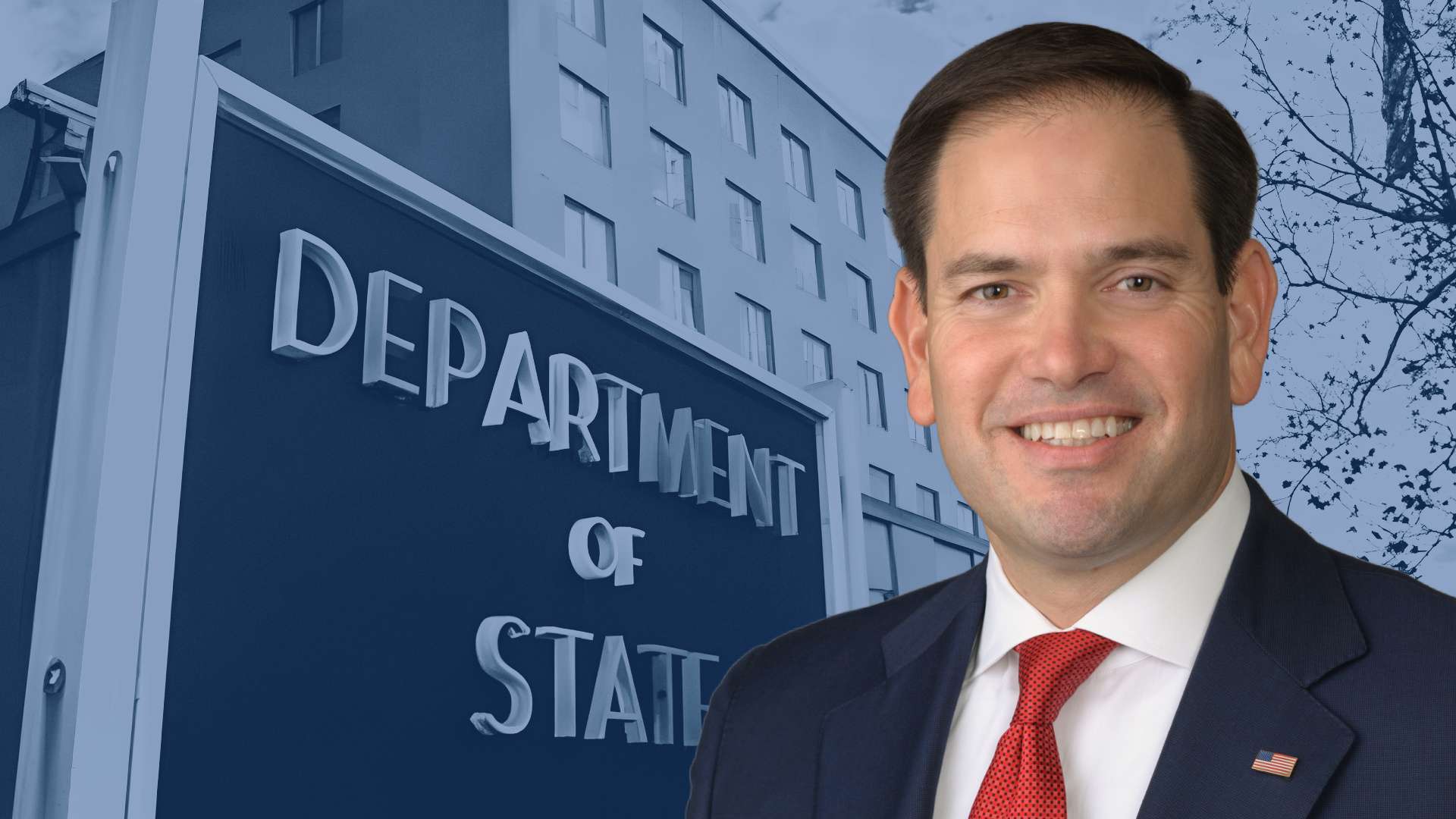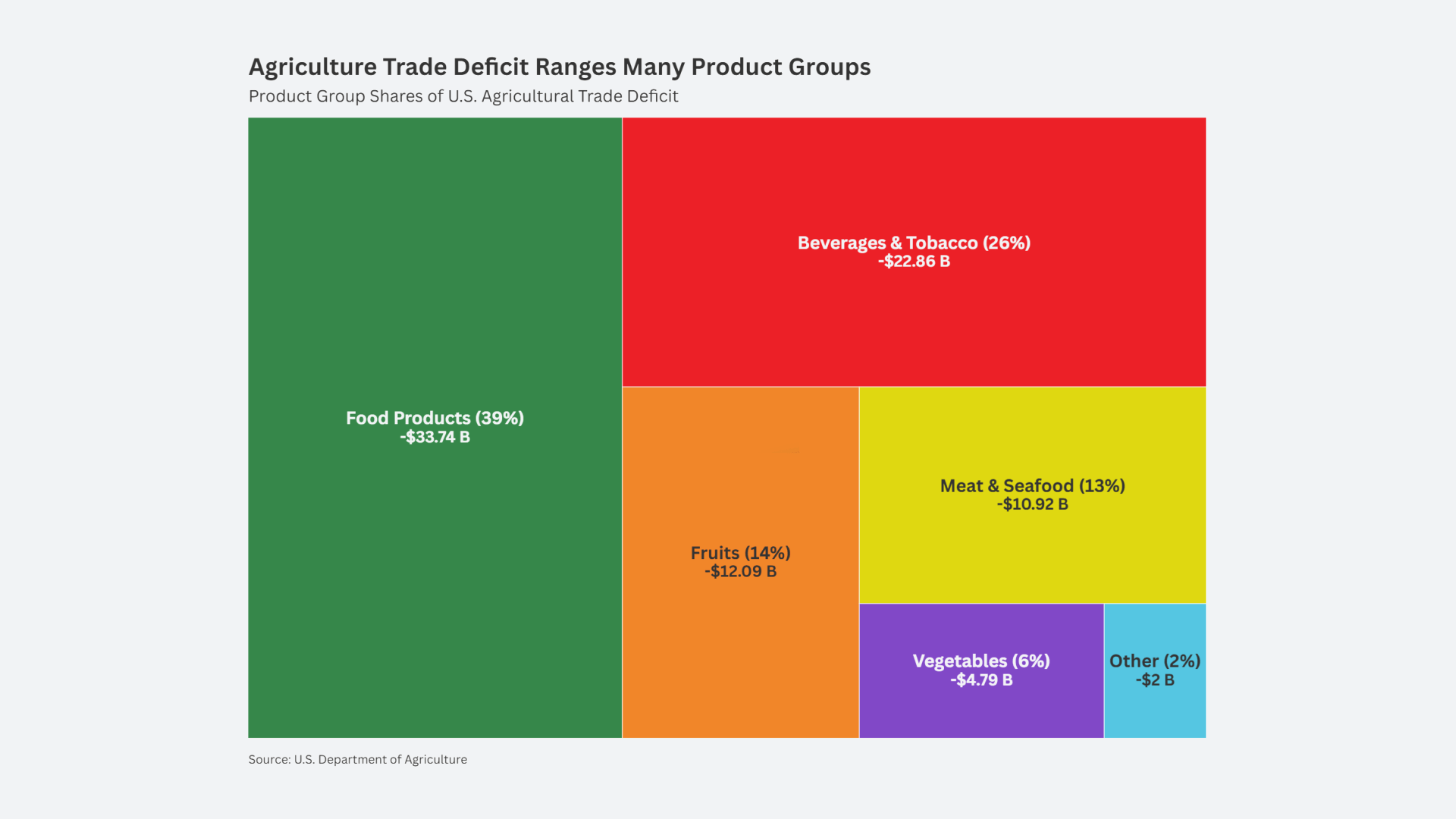
WASHINGTON — The bruising battle over President Obama’s push for the power to negotiate two potentially far-reaching trade pacts will shift this week to the House, where the White House faces entrenched opposition from Democrats and the stirring of rebellion from the Republicans’ right flank.
[Reposted from The New York Times | Jonathan Weisman | May 31, 2015]
Advocates of the trade bill from both parties say they are gaining strength since it passed the Senate just before the Memorial Day break. But that 62-to-37 vote — while bipartisan — was not the overwhelming victory House supporters had hoped for.
And those advocates concede they do not yet have the votes to hand the White House trade promotion authority, which would allow Mr. Obama to complete the Trans-Pacific Partnership trade accord, knowing Congress could vote for or against it but not amend or filibuster it. (Another trade deal, involving Europe, is also being negotiated but is not expected to be completed until after Mr. Obama leaves office.)
Only 17 Democrats out of 188 have come out in favor of so-called fast-track authority — and many of them are being hounded by labor and environmental groups to change their minds. Opponents of the trade deal say just seven Democrats remain truly undecided.
Representative Nancy Pelosi of California, the minority leader, who has yet to declare her position, has told House Speaker John A. Boehner of Ohio that he will have to produce 200 Republican votes to win the 217 he needs. In other words, she is not promising a single new convert.
“We’re not quite there, but we’re getting close,” said Representative Paul D. Ryan of Wisconsin, chairman of the House Ways and Means Committee and co-author of the trade legislation. But Mr. Obama, he added, “needs to deliver some votes. It’s just that clear.”
The president needs the authority to finish up the Pacific accord, the largest trade deal in a generation, linking 12 nations — including Canada and Chile in the Americas, and Japan and Australia across the Pacific — in a pact that would not just further cut generally low tariffs on goods but also put in place investment rules for roughly 40 percent of the global economy. The White House says, moreover, that the deal is an essential element in America’s strategic posture in Asia vis-à-vis the rising power of China.
Most congressional Democrats are skeptical. They argue that since the North American Free Trade Agreement was approved in 1993, such accords have only hastened the flow of manufacturing jobs overseas and pressured wages downward through international competition. Corporations, their executives and shareholders have prospered, but globalization has helped hollow out the middle class, many Democrats say.
By contrast, most Republicans conceptually side with President Obama, contending that the forces of globalization are inevitable and that trade deals like the T.P.P. will help open foreign markets to American goods and services. They support the White House’s effort to forge deals that protect intellectual property from theft and promote investor rights through strong international rules, which are seen as crucial to expanding opportunities for a wide range of American industries, including aircraft, entertainment, pharmaceuticals and insurance.
But in the current hyperpartisan atmosphere of Washington, concept does not necessarily translate to votes. Many of the most conservative Republicans simply do not want to give this president anything.
Representative Dave Brat, a Virginia Republican who was an economics professor before he upset the former House majority leader Eric Cantor last year, said trade was good and tariffs were bad. But he is still furious that Mr. Obama tried to use an executive order to stop the deportation of hundreds of thousands of immigrants in the United States illegally.
“We just got through with an end-run around the Constitution,” he said, fuming. “I’m leaning heavy no.”
Representative Gary Palmer of Alabama, another conservative Republican freshman, said he liked the idea of the Trans-Pacific Partnership. But, he added, “If the president won’t abide by the Constitution, what gives you any confidence he’ll abide by T.P.P.?”
Representative John C. Fleming, Republican of Louisiana, echoed those fears. “As a rule, conservatives are free-traders. I’m a free-trader,” he said. “But we have a president who for every inch of authority we give, he takes a mile.”
Even Donald Trump has waded into the debate, blasting Congress for empowering the president and insufficiently addressing the issue of currency manipulation by some of America’s trading partners.
“Free trade only works if you have smart leaders and great negotiators,” he said in an unsolicited telephone interview on Friday. “We’re checkers players against grandmaster negotiators.”
Republican leaders say such voices represent a fringe in the party. After all, trade promotion has been embraced by longstanding conservative voices like the anti-tax gadfly Grover Norquist and the editorial page of The Wall Street Journal. But they cannot afford to lose much of that fringe, given the firm Democratic position.
With organized labor, environmental groups and liberal advocacy organizations like MoveOn.org opposed to the bill, Democratic leaders say they are in no position to deliver votes for Republican leaders, even if their own standard-bearer in the White House is adamantly behind the measure as well. The A.F.L.-C.I.O. began running attack ads against one Democrat, Representative Ami Bera of California, who came out for trade promotion authority and who has twice used union muscle to eke out narrow victories in his swing district. Less pointed pressure ads are going up in 17 other Democratic districts.
“It doesn’t make any sense for our members to make a career-changing vote” to let Republican members off the hook, a senior Democratic leadership aide said.
That has Republicans — and the president — in a bind. Representative Jim Jordan, Republican of Ohio and leader of the conservative House Freedom Caucus, said that as written, the trade promotion legislation lets Congress “turn off” fast-track approval if a trade deal comes back having failed to meet the standards demanded in the bill.
But in reality, he said, the process for shutting down fast-track is so byzantine, it is nearly impossible to do. Such a resolution would first have to go through the House Ways and Means Committee and Senate Finance Committee, which tend to be pro-trade, before it could be considered by the House and Senate. Mr. Jordan and a handful of like-minded colleagues plan to amend the trade bill to make it easier for Congress to halt fast-track.
“I understand economics. I understand comparative advantage. I understand livestock producers in Ohio who want to sell pork in Japan,” said an exasperated Mr. Jordan, whose vote could influence a dozen or more conservatives. “But I’ve got a real problem here.”
Mr. Ryan, the manager of the bill, said there was no way he could allow such an amendment. That would make the House’s trade bill different from the Senate’s, prompt a negotiating conference between the chambers and force both to have to vote all over again.
“If we go to conference, that would kill T.P.A.,” Mr. Ryan said, referring to fast-track authority.
That could mean it will be up to the president. Representative Gregory W. Meeks, Democrat of New York and one of Mr. Obama’s main vote getters, said port-city Democrats and Congressional Black Caucus members could make all the difference.
Republican leaders have told wavering conservatives that trade promotion is not about trusting President Obama. It is about putting strict guidelines and demands on trade negotiations upfront. Besides, they say, the trade promotion authority bill would last three years, with an option for a three-year extension, well beyond this president’s final term.
Mr. Meeks’s explanation to African-American lawmakers is the opposite: Conservatives, out of spite, are trying to deny the first black president the same trade authority every modern president but Richard M. Nixon has enjoyed.
“There are some folks who aren’t doing things on merits,” Mr. Meeks said. “It’s to deny this president.”
That pitch is running into a wall of union leaders and liberal activists who want Democrats to stand firm. Activists delivered cotton swabs to Mr. Bera’s office over the break to tell him to clean out his ears. They delivered screws to the office of Representative Mike Quigley, a pro-trade Democrat from Illinois, supposedly representing jobs lost because of unfair trade practices. Signs have sprouted up around the Portland, Ore., district of Representative Earl Blumenauer, a Democrat, criticizing his support of the bill.
“These are tough, tough debates, the passion, the politics,” said Representative Ron Kind, Democrat of Wisconsin, who has tried to round up more votes for the president. “Outside of an authorization of military force, votes probably don’t get tougher than trade.”













